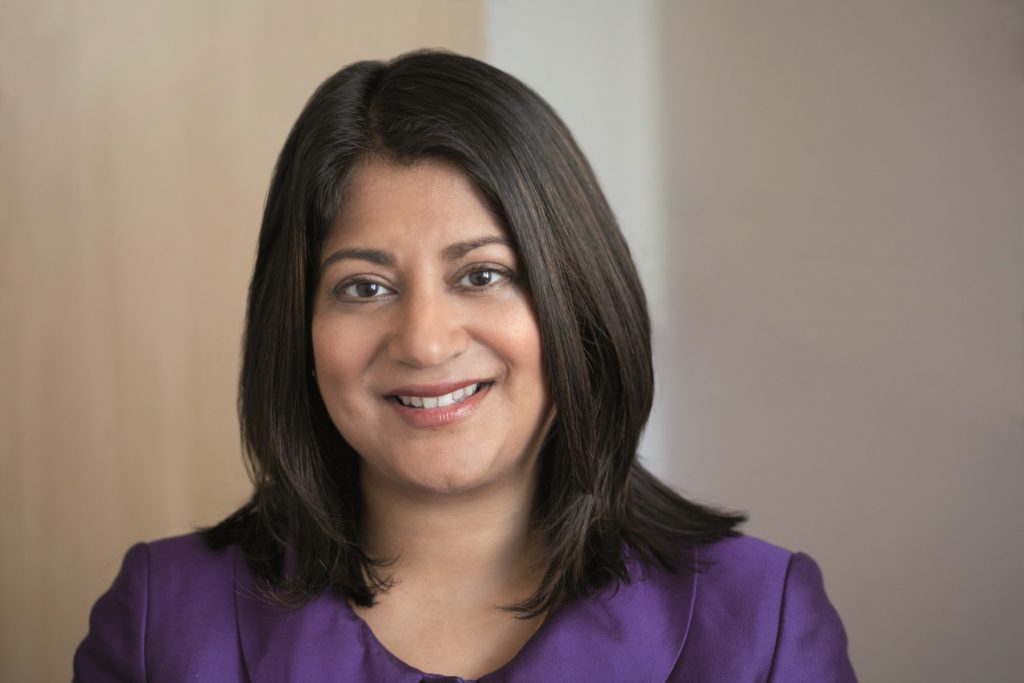NICE chair nominee Nebhrajani to face MP scrutiny next week

The UK government’s preferred candidate to chair NICE – Sharmila Nebhrajani OBE – is due to be quizzed at a Health and Social Care Committee hearing next week over her suitability for the role.
After the pre-appointment hearing, Health Secretary Matt Hancock will then decide whether to go ahead with her appointment as NICE’s third permanent chair, replacing Sir David Haslam who held the role from 2013 to 2019.
Since January, NICE’s vice chair Tim Irish has been standing in as interim chair at NICE while a permanent replacement for Sir David is sought.
Irish is also handling the search for a new chief executive at NICE to replace Sir Andrew Dillon, who is due to step down at the end of this month after 21 years in the role.
As chair of the board, Nebhrajani would be expected to work with NICE’s other non-executive directors and the management team to develop the agency’s cost-effectiveness strategy and business planning, and to hold its executive team to account in the delivery of objectives.
Nebhrajani is currently chief executive of Wilton Park, a not-for-profit agency of the Foreign and Commonwealth Office which organises events on issues of international security, prosperity and justice, including public health.
A biomedical scientist by background, she previously held the post of chair of the UK’s Human Tissue Authority (HTA), which regulates live organ donation and the use of tissue in research, and also holds non-executive roles at the Health Foundation and the British Medical Journal.
Other past positions include director of external affairs for the Medical Research Council, chief executive of the Association of Medical Research Charities (AMRC), a policy think tank. She also spent 12 years at the BBC, latterly as chief operating officer of BBC Future Media and Technology where she oversaw the launch of the iPlayer streaming service.
Nebhrajani was made an officer of the Order of the British Empire (OBE) in 2014 for services to medical research.
If she is appointed NICE’s new chair, she will join the agency at a critical time in more than 20 years of operation, as it tries to adapt to the emergence of new technologies like cell and gene therapies and faces continued criticism of its appraisal process for new medicines.
Another review of its procedures was announced last July and is due to kick off in earnest later this year, including a fresh look at cell and gene therapies as well as other topics like personalised medicine, digitalisation of health, and how real-world evidence and quality of life measures can be taken into account.












